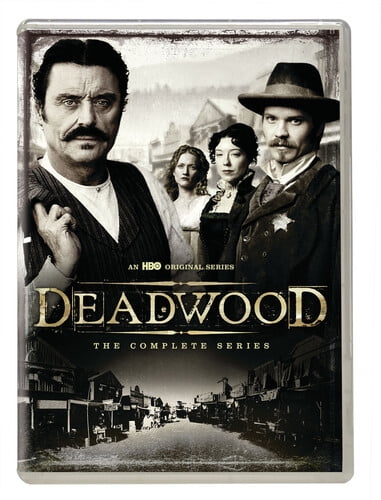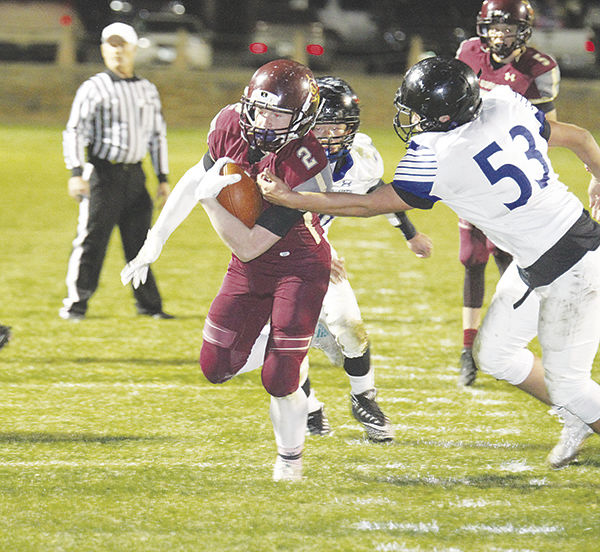

(Though I don’t believe Milch ever suffered from this specific ailment.)īut Al’s pain also serves important story and thematic functions. Milch has battled through various health problems over the years (including a heart attack during his “NYPD Blue” days) and projected some of his nightmarish experiences onto Sipowicz and/or Swearengen. Some of the kidney stone storyline was no doubt fueled by David Milch’s own misadventures in the world of medicine. To sideline what’s become the show’s central character – and I would argue, even more than Seth Bullock at this point, the closest this morally ambiguous world has to a hero – for an entire hour this early in the season is a pretty bold move. It’s a position Al will stay in for nearly half the episode – until a panicked Jewel convinces an anguished Dan to kick the door in – and what little we see and hear of him in the second half involves him screaming in agony as Doc Cochran tries to relieve the problem. We begin “New Money” in Al Swearengen’s office – specifically, on the floor of that office, where Al lies shivering, in agony, unable to move due to the pain of his kidney stone, and too proud to call for help whenever anyone stands outside the locked door. This is the newbie-safe version click here for the veteran-friendly one.Ī review of episode 3, “New Money,” coming up just as soon as we make the trout pay for his slothful ways…


We’re into week 2 of our summer trip back through David Milch’s epic revisionist Western “Deadwood.” As always with this project, we’re going to have two parallel discussions going at once: identical reviews, but one where the comments section is just for people who are new to the series and don’t want to be spoiled on anything past the events of the episode being discussed, and one for people who know “Deadwood” backwards and forwards, and want to be able to discuss it all at once.


 0 kommentar(er)
0 kommentar(er)
